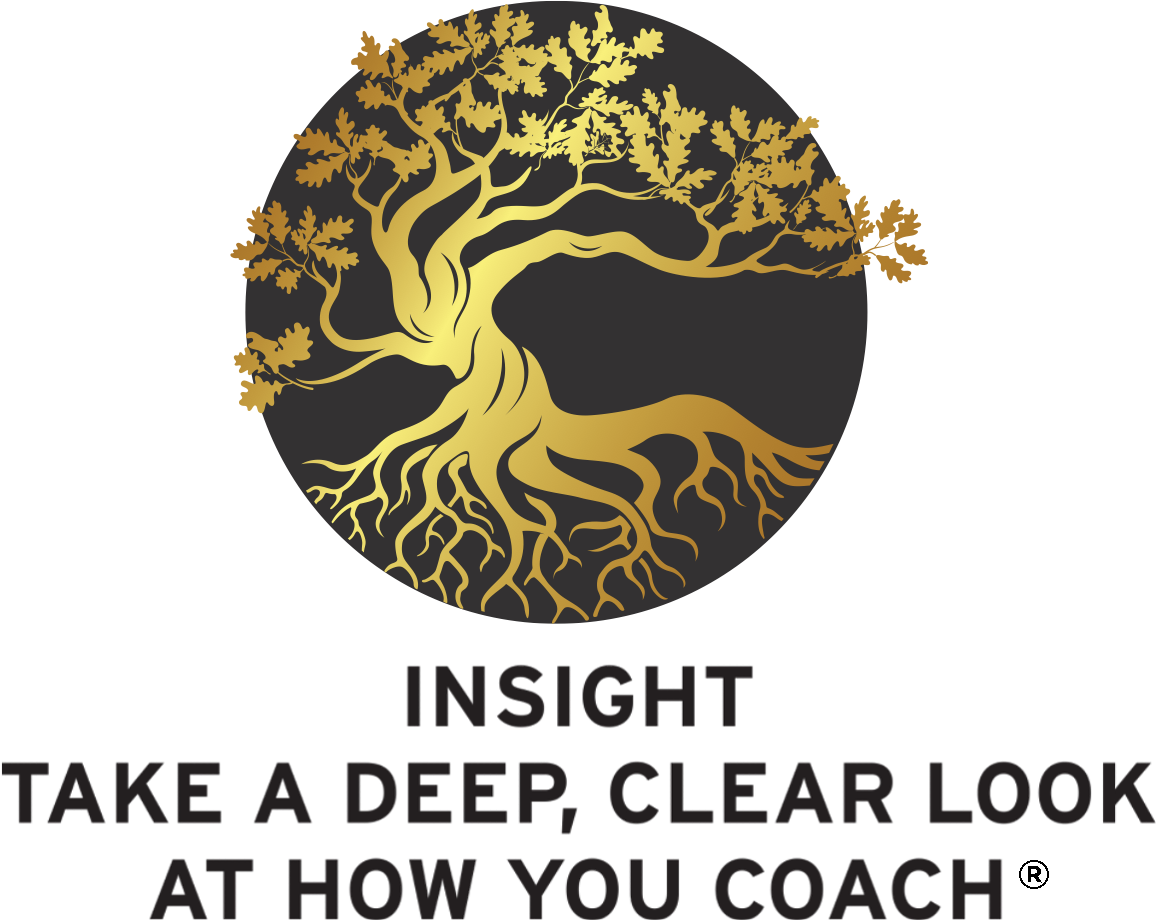Transdisciplinary was not a word I felt in my bones when I entered the D.Prof programme in 2016. Although a lifelong learner, I was intimidated by beginning academic studies in my 60s, and facing into the frames, protocols and writing requirements for “scholarly” endeavors. The word “transdisciplinary” conjured images of knowing intimately everything there was to know about the fields that caught my attention. How could I possibly learn, integrate, critique, and write eloquently of the fields I utilized as a coach and coaching supervisor? These included human and adult development, effective teams, dialogue, group facilitation, emotional intelligence, self-awareness, reflective practice, mindfulness, and clinical psychology supervision to name a few. I scanned the academic fields and identified almost 40 areas I could investigate and bring into my practitioner-research journey. It was simultaneously an exciting, stimulating prospect and overwhelming and daunting.
I talked with my advisor, I read Brown, Harris, and Russell (2010) on wicked problems, I read more. I continued to consider what this phrase “transdisciplinary practitioner” meant. I laugh about this now as it is full of meaning for me about how I learn. Once again, I notice my patterns. I trust myself as a practitioner. I trust myself as a learner in the ebb and flow of reading articles and books, engaging in different certification programmes, applying what feels relevant to my presence with my clients. For me it has always been a dance among practicing, learning, experimenting, and integrating. Yet, in the presence of an academic label, I move back into the stance of a beginner. From that place of not knowing enough I build the scaffolding to move fully into embodying the new knowledge. That single sentence captures the joy of my five-year journey to award of the D.Prof (Coaching Supervision).
I recognized that my almost 30 years in positions in small businesses and within Corporate America began my transdisciplinary journey which continued as I started a formal certification programme to become an executive coach. In each of those endeavors, as I look back, I see myself as a student of several fields. My bookshelves contained Helgeson on female leadership; Mauer on the social systems within organizations, Collins on large scale organizational systems, Drucker, Schein, and many others on leadership, human and organizational change and transformation, emotional intelligence (EQ), giving and receiving feedback, and management skills. I was a student of practice, developing through the combination of engaging in the practice and art of executive leadership, while studying theory, and engaging in robust cycles of feedback and learning.
Practicing as an executive coach and coaching supervisor built on my experiences leading professional publishing companies, and a robust newspaper, through transformational change. In working with clients to develop a slightly different version of themselves, I was utilizing methodologies and principles that incorporated ideas and theories through my personal and professional development. I added the deepening awareness of presence, relational ways of being, adult learning, individual transformation, and the underpinning principles of executive coaching and reflective practice. I held closely these words “For [mature coaches], we observe that the learning they acquire shows them how much more they could learn. It’s like climbing a mountain – the higher you ascend, the bigger and more distant the horizon. Feeling comfortable with this diminishing perspective of one’s own importance and competence relative to what might conceivably be possible, requires a great deal of personal maturity, we suspect” (Clutterbuck and Megginson, 2011).
This sense of how much one has learned and how much more there is to learn applies to developing transdisciplinary practitioners as well. Transdisciplinary studies are about choices, discernment, and acceptance considering the vast variety of lenses for considering one’s coaching and coaching supervision practices. I found trusting the academic fields I was drawn to was the answer. They were in service to the research, my learning and ultimately to the contributions to knowledge presented in my thesis.
Over the five years of my studies, the intimidation evolved into curiosity, fascination, letting go of a vast accumulation of assumptions, and a new way of living life as an inquiry. I found my voice as a practitioner, in dialogue with academic and practitioner colleagues. I came to embody the transdisciplinary practitioner.
References
Brown, V.A., Harris, J.A. and Russell, J.Y. (2010) Tackling wicked problems: Through the Transdisciplinary imagination. London: Earthscan.
Clutterbuck, D. and Megginson, D. (2011) ‘Coach Maturity: An Emerging Concept’, in Wildflower, L. and Brennan, D. (eds.) San Francisco, CA: Jossey Bass Wiley, pp. 299-313.

0 comments to " Becoming a Transdisciplinary Practitioner "